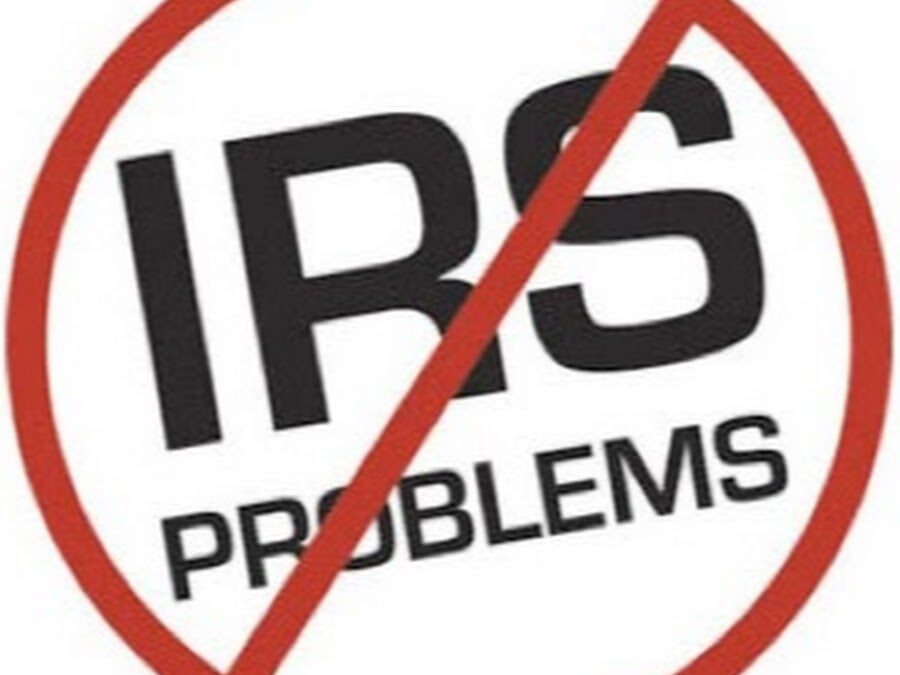
by Paulette Marshall | Aug 1, 2023 | Tax Preparation, Tax Resolution
Filing your tax return accurately is crucial to avoid unnecessary tax troubles. However, it’s not uncommon to discover errors or overlooked information after you’ve already filed. Fortunately, the Internal Revenue Service (IRS) allows taxpayers to amend their returns using Form 1040X.
In this blog post, we’ll explore how amended tax returns work, the importance of seeking professional assistance, and how our firm can help you navigate the complex world of tax resolution.
Uncovering Missed Income and Deductions:
Sometimes, taxpayers file their returns only to realize later that they omitted certain sources of income, such as earnings from temporary jobs or side gigs. This oversight becomes apparent when they receive a 1099 or a late W2 form indicating the income earned. Similarly, others may discover they were entitled to additional deductions or exemptions. For such cases, amending your tax return is the appropriate course of action.
Understanding the Timeframe:
The IRS allows individual income tax returns to be amended up to three years after the original return’s due date. Form 1040X is the official document used for amending returns. While you can file an amended return on your own, it’s strongly recommended to consult a tax resolution professional. They possess the expertise to handle multiple years of unfiled tax returns, potentially negotiate reduced payments, and save you from unnecessary headaches.
The Amended Tax Return Process:
Not all errors require filing an amended return. The IRS automatically corrects simple math mistakes. However, when there’s a need to change filing status, income, allowable deductions, or credits, filing an amended return is essential. To initiate this process, you’ll need to complete Form 1040X, which cannot be electronically filed. This is where the expertise of a tax professional becomes invaluable, as they can guide you through the intricacies of the form.
Proper Documentation and Explanation:
When completing Form 1040X, each amended tax year requires its own separate form, each of which must be mailed in its own envelope. The form provides space to explain the changes made, and it’s important to clearly state the line numbers and reasons for the amendments. While you don’t need to attach a copy of the original return, any additional IRS forms or supporting documents must be included to substantiate the changes.

by Renee Lawson | Jul 17, 2023 | Tax Preparation, Tax Resolution
Proper tax planning is a crucial aspect of financial management that should be addressed throughout the year. Waiting until April to assess your tax liability is a risky move. To ensure you keep more money in your pocket, it’s essential to be aware of factors that can unexpectedly raise your taxes. Today we will explore five key factors that could potentially increase your tax owed at the end of the year. By being proactive and considering these factors, you can better plan your finances and mitigate tax surprises.
Factor #1 – Cashing in Your Retirement Plan:
Early withdrawal from your retirement plan, such as a 401(k), can lead to significant tax penalties. If you opt to receive the proceeds in cash instead of rolling them over into an Individual Retirement Account (IRA), you will be required to pay taxes on the withdrawn amount. Additionally, a 10 percent penalty may apply. By avoiding these pitfalls, you can safeguard a substantial portion of your hard-earned retirement savings.
Factor #2 – Working as a Freelancer:
While freelancing offers independence and flexibility, it can also introduce complex tax implications. Freelancers and self-employed individuals are subject to the self-employment tax, which includes both the employer and employee shares of Medicare and Social Security taxes. Failing to account for this tax burden and set aside funds accordingly can lead to unpleasant surprises come tax season.
Factor #3 – Failing to Take Your Required Minimum Distribution (RMD):
Retirement accounts, such as IRAs and workplace plans, require individuals to begin withdrawing minimum distributions once they turn 70. Failing to meet this requirement can result in substantial tax penalties. It is crucial to stay informed about RMD rules and ensure compliance to avoid unnecessary financial setbacks.
Factor #4 – Skipping Your IRA Contribution:
Opting to skip your annual IRA contribution can have unforeseen consequences for your tax bill. Before deciding to forgo contributing to your IRA, it is prudent to evaluate the potential impact on your overall tax liability. Running the numbers and seeking professional advice can help you make an informed decision.
Factor #5 – Paying Off Your Mortgage:
While paying off your mortgage may provide a sense of financial freedom, it can affect your tax situation. Mortgage interest is typically tax-deductible if you itemize your deductions. Losing this deduction could potentially increase your tax liability. While this shouldn’t be the sole reason to keep a mortgage, it’s an important consideration to keep in mind.
Seek Professional Assistance for Tax Debt Cases:
If you find yourself owing back taxes, it is crucial to seek professional assistance to navigate the complexities of tax debt resolution. Our firm specializes in helping individuals negotiate with the IRS and we can potentially settle tax debts for a fraction of the amount owed. Contact us
today for a confidential consultation, and let our experienced tax resolution specialists guide you through the IRS maze, providing you with peace of mind.
Year-round tax planning is essential to minimize surprises and optimize your financial well-being. By being aware of factors that can unexpectedly raise your taxes, such as early retirement plan withdrawals, self-employment tax obligations, missed required minimum distributions, skipped IRA contributions, and the impact of mortgage payoff, you can take proactive steps to manage your tax liability effectively.
Remember, hiring a tax resolution specialist for IRS problems is crucial for protecting your hard-earned income and assets. Let us help you take back control of your financial lfe by reaching out to our firm today at www.actiontaxrelief.com.


